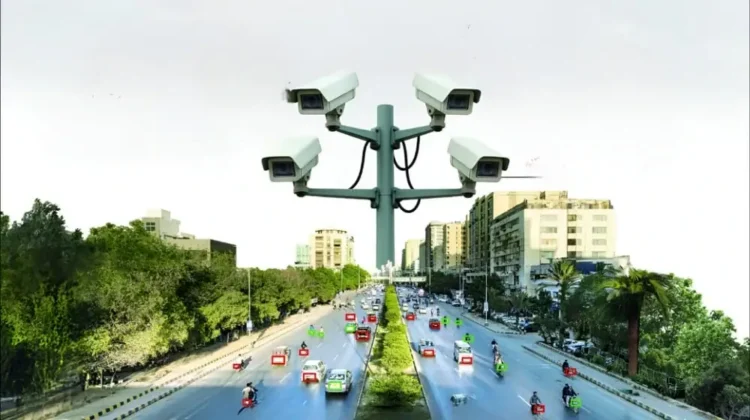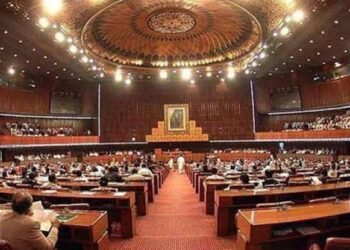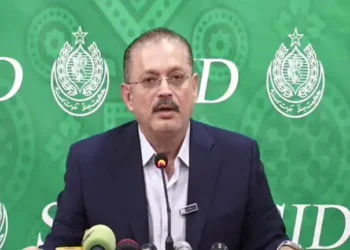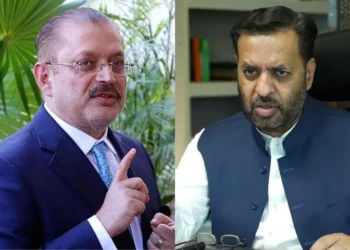KARACHI; The newly introduced faceless e-challan system in Karachi issued 2,662 traffic tickets worth more than Rs12.5 million within just six hours of its launch on Tuesday, according to a report by the Karachi Traffic Police.
The report revealed that 419 challans were issued for overspeeding, three for driving on lane lines, four for stop-line violations, and 1,535 for not wearing seat belts. Additionally, 166 challans were issued for red-light violations and 507 for riding without helmets.
Further tickets included four for driving the wrong way on one-way streets, seven for tinted windows, five for illegal parking, 32 for using mobile phones while driving, three for driving in the wrong direction, and five for no-parking violations.
The rollout came after Sindh Chief Minister Syed Murad Ali Shah inaugurated the Traffic Regulation and Citation System (TRACS) at the Central Police Office on Monday. The initiative marks a major step in Sindh’s digital transformation and governance reforms.
Chief Minister Murad explained that the TRACS system replaces outdated manual ticketing with an automated e-ticketing system using advanced AI-powered CCTV cameras to detect traffic violations such as overspeeding, red-light jumping, and helmet non-compliance.
The new mechanism eliminates human involvement in ticketing, reducing bias and confrontation while ensuring transparency and fairness. Citizens can visit TRACS Sahulat centres established at major traffic offices and police stations to pay fines, clarify violations, or contest challans.
The system is integrated with government databases such as excise and taxation, driving licence records, NADRA e-Sahulat, and modern payment gateways, enabling citizens to check and pay fines online or through mobile devices. The TRACS mobile app allows users to track violations and pay challans in real time.
In the first phase, 200 cameras have been installed across Karachi, with plans to increase the number to 12,000 city-wide and later extend the system to other districts of Sindh. The integration with the Citizens-Police Liaison Committee ensures transparent oversight and complaint redressal.





































































